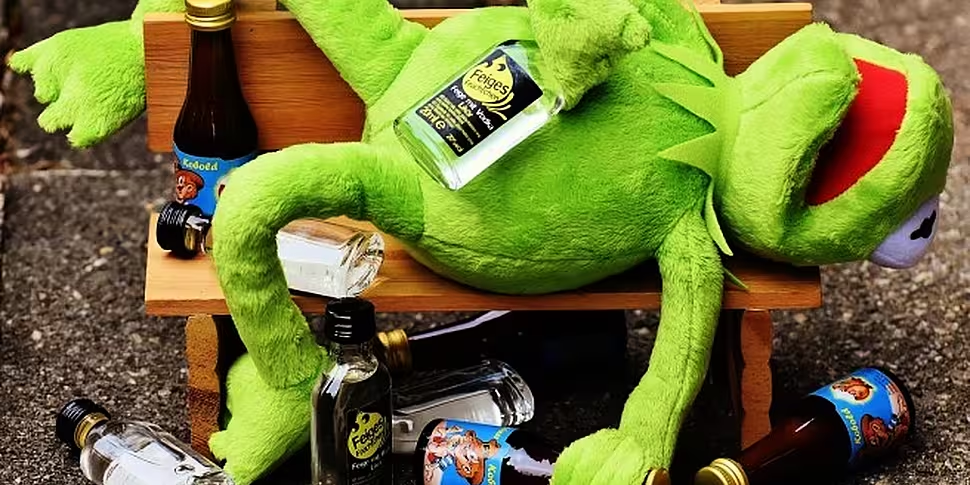Despite anecdotal evidence that people’s personalities undergo significant changes when they consume alcohol, new research into the differences between the drunk and the sober would suggest otherwise.
According to research published in Clinical Psychological Science, a journal published by the Association for Psychological Science, there is simply no such thing as a ‘happy drunk’.
“We were surprised to find such a discrepancy between drinkers’ perceptions of their own alcohol-induced personalities and how observers perceived them,” said the perfectly-named-for-this-study psychological scientist Rachel Winograd.
“Participants reported experiencing differences in all factors of the ‘Five Factor Model’ of personality, but extraversion was the only factor robustly perceived to be different across participants in alcohol and sober conditions,” the University of Missouri scientist added.
According to the research team, the perceived differences a person has between their teetotal and tipsy personality traits may just be down to point of view.
“We believe both the participants and raters were both accurate and inaccurate; the raters reliably reported what was visible to them and the participants experienced internal changes that were real to them but imperceptible to observers.”
The concept that knocking back a glass of wine or a pint of beer leads to a personality transformation is a popularly held belief. Indeed, the systematic differences in a person’s sober acts and drunken antics can even be used to diagnose a drinking problem.
In this study, Winograd and colleagues decided to apply rigorous scientific methods to the myth; inviting 156 volunteers into their lab, where their alcoholic intake could be closely monitored. The participants were also asked to identify their perceptions of their own “typical sober” and “typical drunk personalities.”
Later, the volunteers re-entered the lab in groups of three or four, where they were breathalysed and weighed and measured. For 15 minutes, each participant was asked to drink, with some receiving glasses of Sprite. Those who received alcohol received it in the form of a Sprite-and-vodka cocktail, made to measure for their body specifications in order to produce a blood alcohol content of .09.
At the half-hour point, in order to allow for absorption of the alcohol, the groups then worked through a series of fun group projects – answering discussion questions and completing logic puzzles – designed to trigger personality traits and behaviours.
After collating the date, the researcher found that participants had self-identified changes in all five of the major personality factors.
In classifying their own drunken personae, the participants assumed they would have lower levels of conscientiousness, agreeableness, and openness to the experience they were undertaking. At the same time, they expected to have higher levels of extraversion and emotional stability – which is understood as being less neurotic.
But the scientists observing the volunteers noted far fewer differences in their charges’ behaviour. In fact, the only major factor noted was that those who were drinking showed more pronounced levels of extroversion. They were seen to be more gregarious, assertive, and showing greater levels of activity.
“Of course, we also would love to see these findings replicated outside of the lab – in bars, at parties, and in homes where people actually do their drinking,” Winograd said.
“Most importantly, we need to see how this work is most relevant in the clinical realm and can be effectively included in interventions to help reduce any negative impact of alcohol on peoples’ lives,” she concludes.









